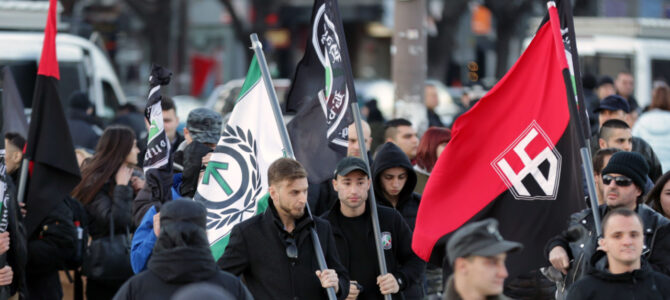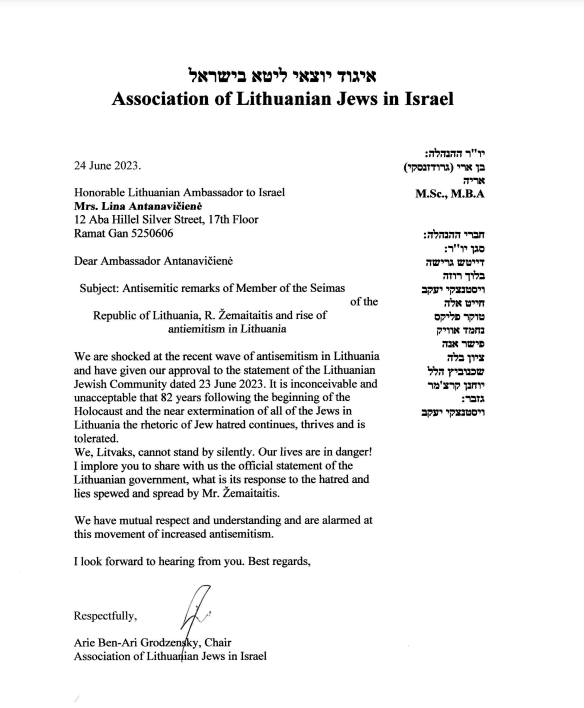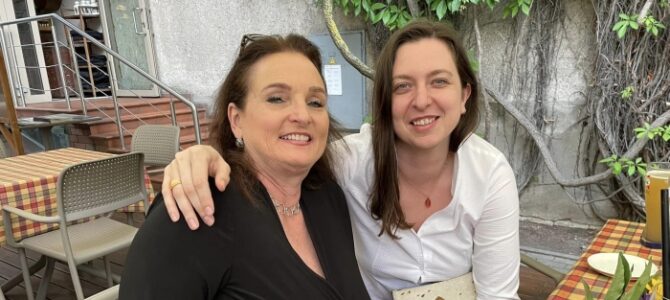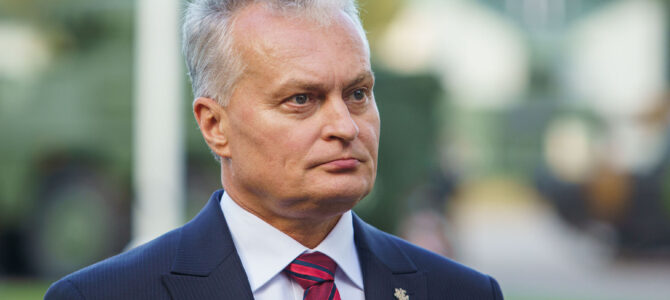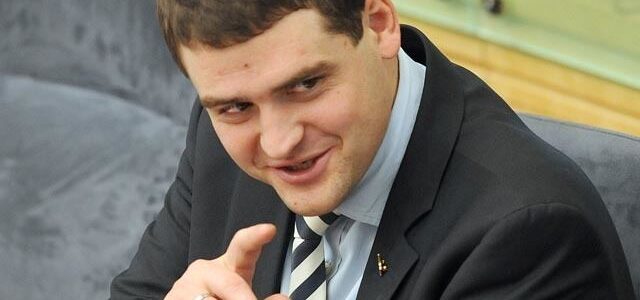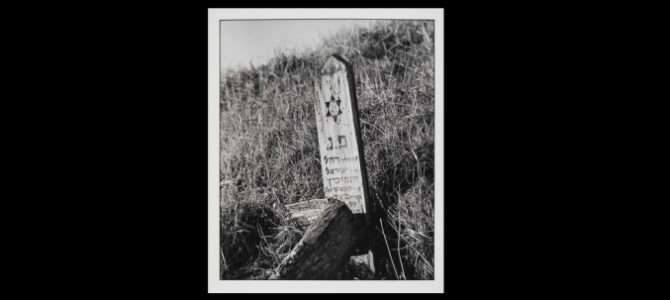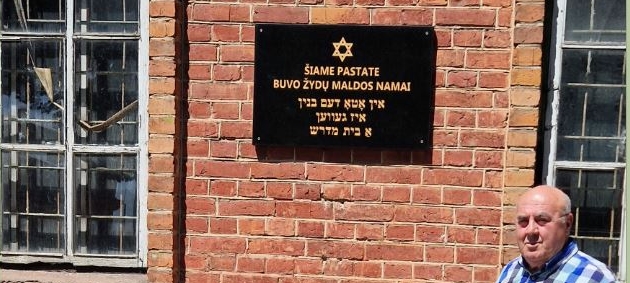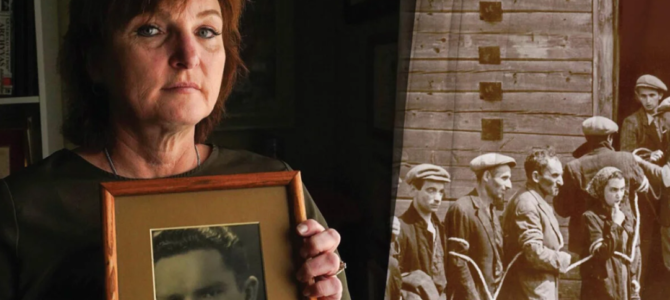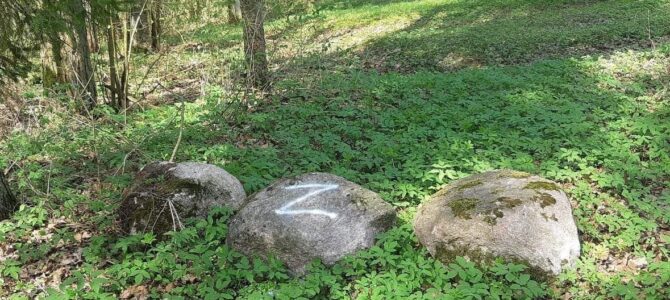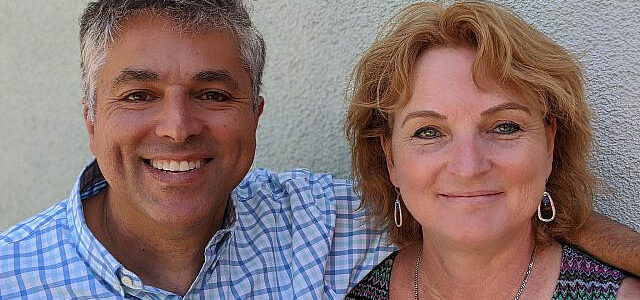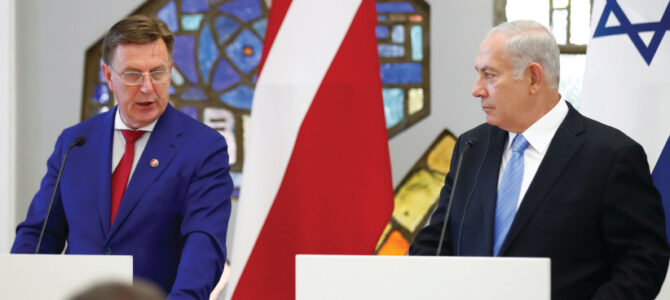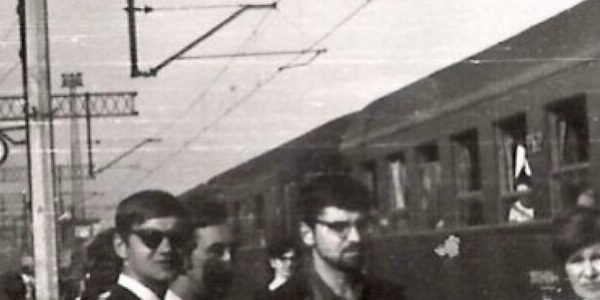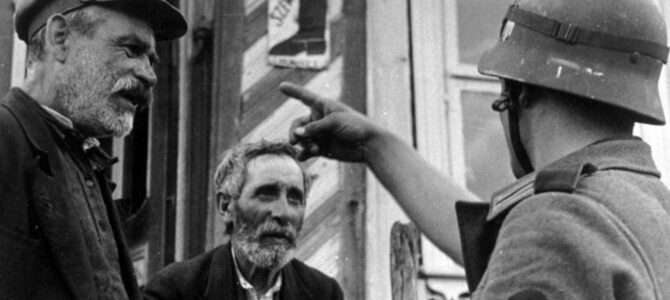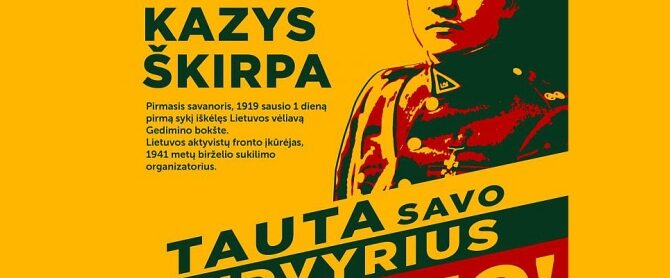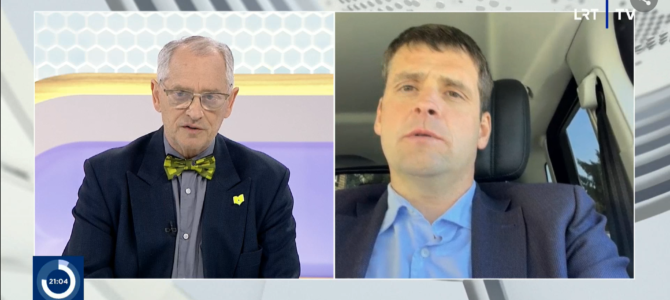The European Jewish Congress and the Bulgarian Jewish Community have condemned neo-Nazi vandalism in the center of Sofia after their violent disruption of an LGBT festival.
Supporters of the far-right group Vazrahdane prevented the broadcasting of a film that was part of the program of the LGBT festival Sofia Pride and vandalized shops with swastikas and stars of David.
Chairman of the Shalom organization of Jews in Bulgari Alexander Oscar condemned the far right group and its leaders and called public authorities to take action.
The European Jewish Congress expressed their deep concern over rising nationalism and anti-Semitism in Bulgaria in a post on their website dated June 26.


